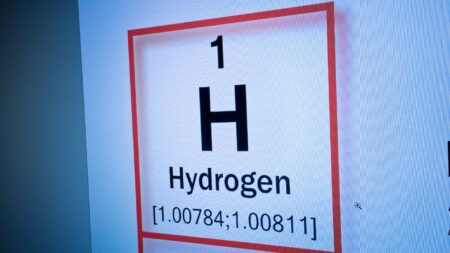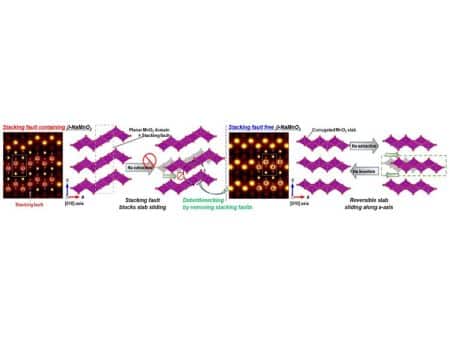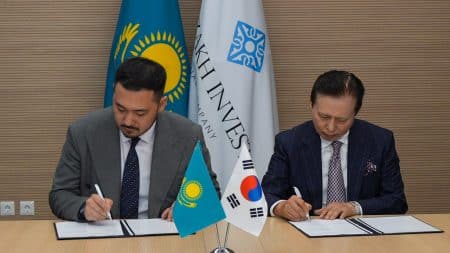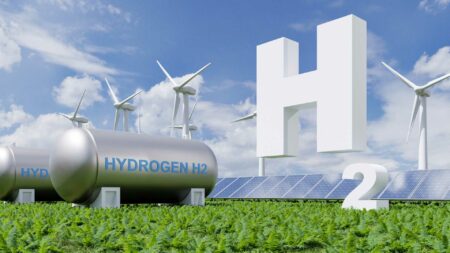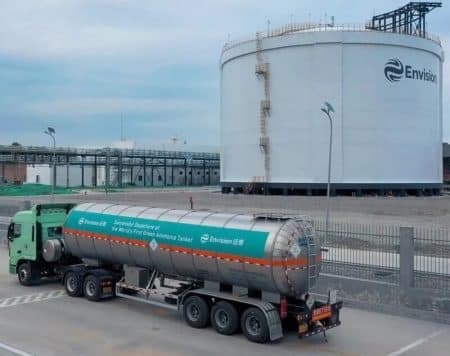Japan Airlines (JAL), one of Asia’s largest carriers, has embraced the future of aviation by entering into strategic partnerships with global leaders in hydrogen-electric aircraft and engines.
This forward-thinking initiative aims to explore the feasibility of operating emissions-free passenger planes, marking a significant leap towards sustainable air travel.
JAL’s collaboration with renowned hydrogen industry players, including Germany’s H2Fly, California’s Universal Hydrogen, and the British-American company ZeroAvia, underscores a collective commitment to revolutionize the aviation sector. All three partners have achieved successful flights with hydrogen-powered aircraft, setting the stage for the exploration of carbon-free flights.
The overarching goal is to leverage hydrogen fuel cells, utilizing a hydrogen fuel cell to generate electricity and power electric motors. Alternatively, hydrogen combustion could propel engines. The pivotal factor for achieving carbon-free flights lies in the use of “green” hydrogen, produced through renewable energy sources.
An August study from the International Council on Clean Transportation emphasizes the potential impact, indicating that hydrogen fuel cells using green liquid hydrogen could lead to an impressive 88% reduction in greenhouse-gas emissions.
As hydrogen gains prominence as a clean energy solution, global governments commit to achieving net-zero emissions by 2050. JAL’s partnerships with H2Fly, Universal Hydrogen, and ZeroAvia strategically position the airline within the burgeoning hydrogen market.
Universal Hydrogen, in a notable achievement, flew the world’s first hydrogen-powered regional airliner, the ATR 72 turboprop named Lightning McClean, in March. The company’s focus on developing conversion kits for existing kerosene-burning aircraft engines aligns with its vision for scalable, zero-emission aviation.
ZeroAvia, backed by influential entities like Bill Gates, Amazon, and Shell, aims to create hydrogen-electric powertrains capable of serving aircraft with capacities ranging from nine to over 200 people by 2040. With its first hydrogen-electric flight conducted in January using a 19-seater turboprop, ZeroAvia is poised to make a substantial impact on the aviation landscape.


